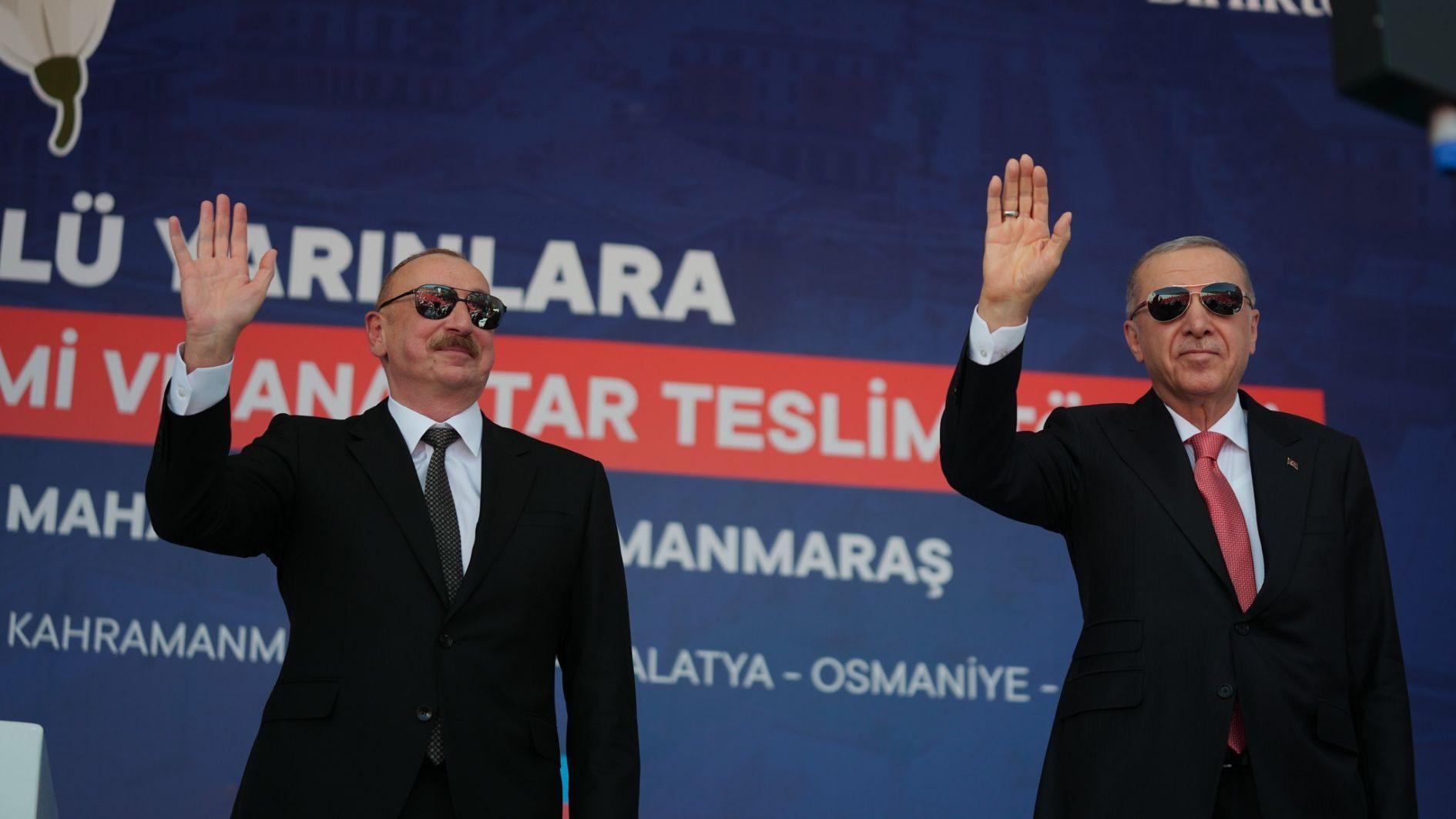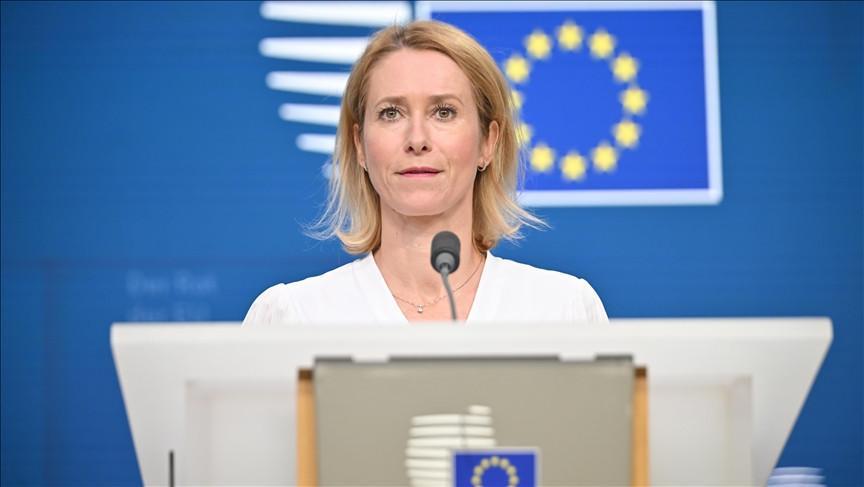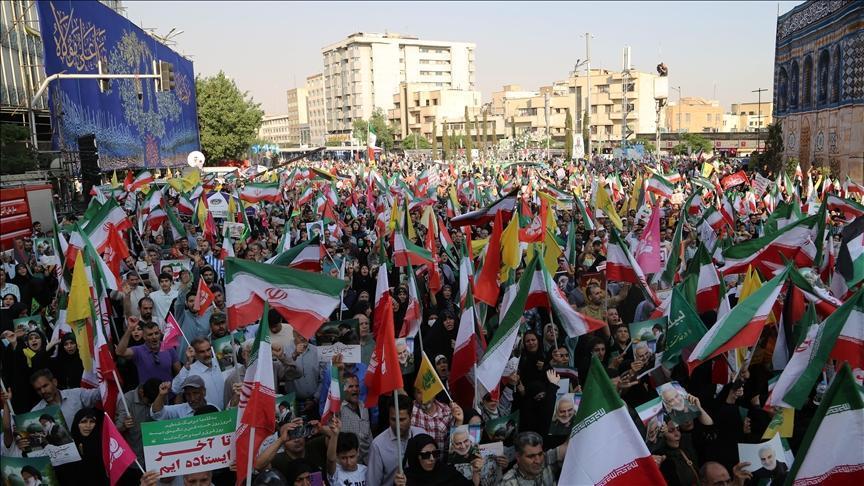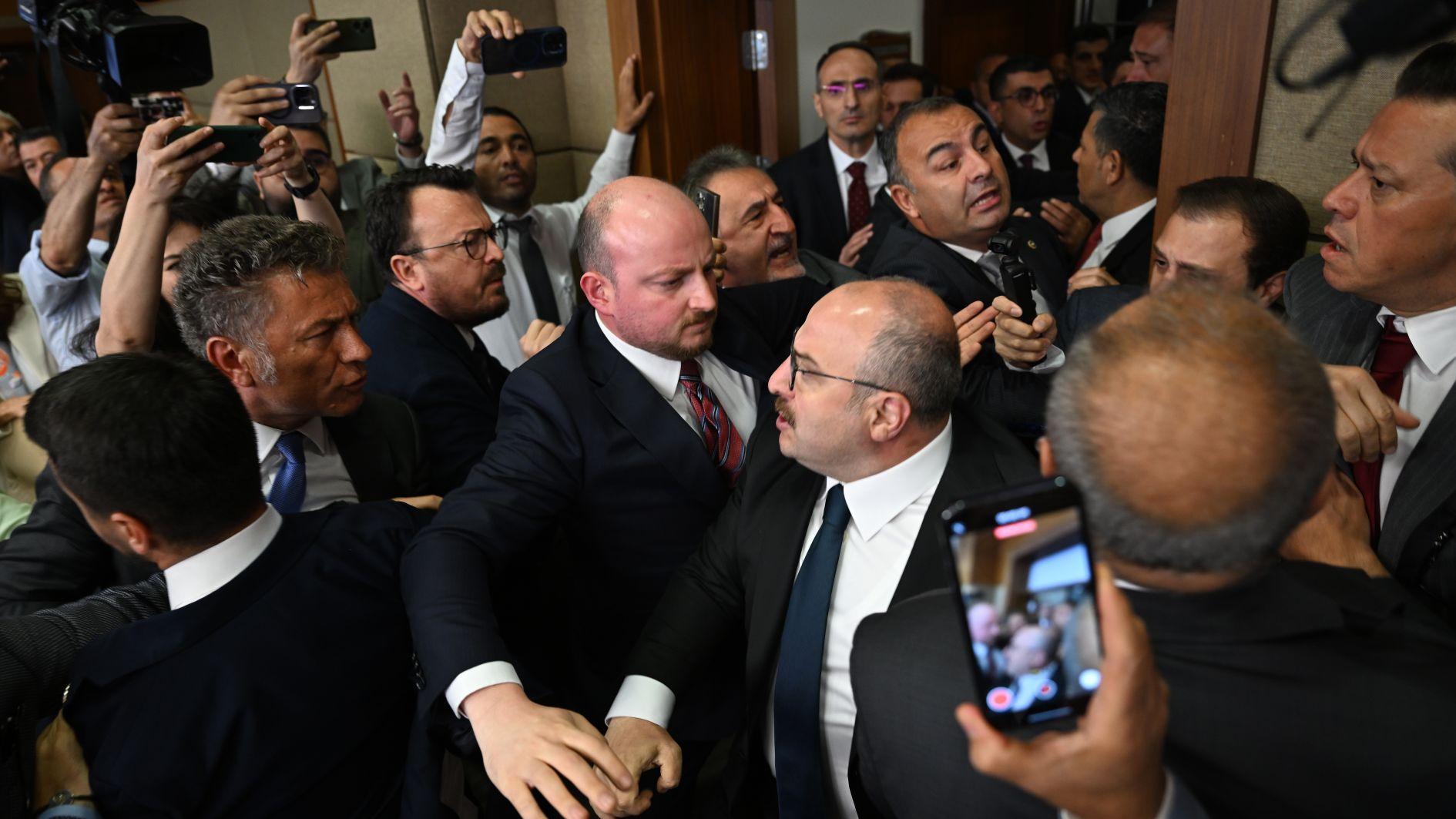Palestine conference scales back recognition goals
NEW YORK
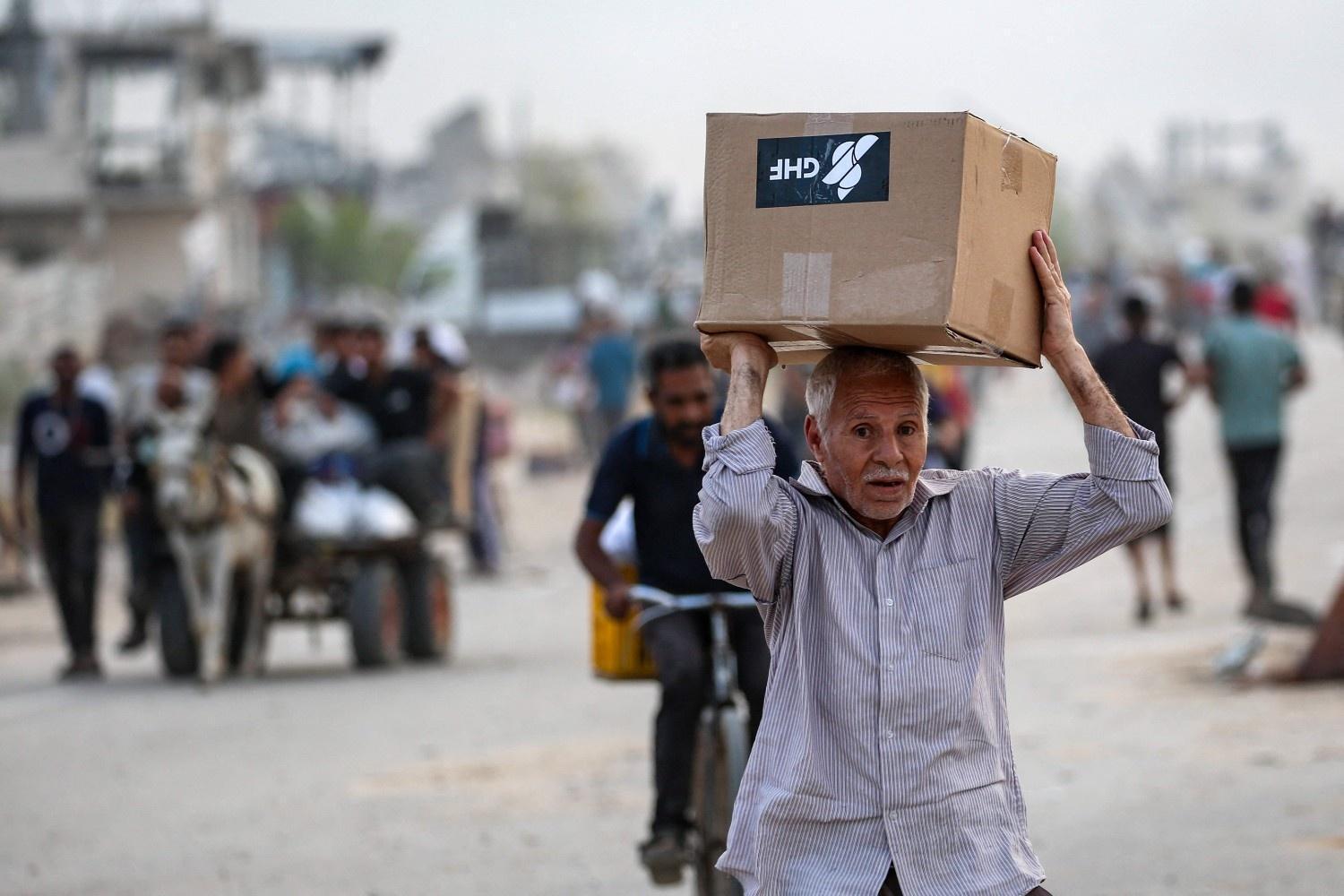
A man carries relief supplies from the Gaza Humanitarian Foundation (GHF), a private US-backed aid group that has bypassed the longstanding UN-led system in the territory, as displaced Palestinians return from an aid distribution centre in the central Gaza Strip on June 8
A high-level conference set to convene in New York later this month has scaled back its original ambition of achieving joint recognition of a Palestinian state by western powers, several reports have said.
The retreat from an earlier vision for a collective declaration marks a significant shift in tone ahead of the June 17–20 gathering, co-sponsored by France and Saudi Arabia.
Initially envisioned as a potential turning point in the international effort to recognize Palestinian statehood, the conference will now aim to build consensus around key conditions seen as prerequisites for recognition, including a permanent ceasefire in Gaza and reforms within the Palestinian Authority.
French President Emmanuel Macron has called recognition of Palestine “a moral duty and political requirement.” However, French officials assured Israeli officials last week that no formal recognition will occur during the conference, the Guardian reported.
Recognition remains on the table but will be pursued bilaterally rather than through a multilateral declaration, Israeli newspapers quoted them as saying.
The recalibration underscores growing tensions over Israel’s opposition to Palestinian statehood and broader skepticism within Europe about the Israeli government’s intentions.
Macron’s initiative, condemned as “disastrous” by Israel’s ambassador to France, Joshua Zarka, follows a recent expansion of settlements in the West Bank, which Israel described as a move to prevent the establishment of a Palestinian state.
Eight working groups have been formed in preparation for the conference, tackling issues such as humanitarian aid, reconstruction, legal frameworks and “narratives for peace.”
The U.K., which oversees the humanitarian working group, has come under domestic pressure to take a stronger stance. Foreign Secretary David Lammy is expected to attend, amid massive backbench pressure to do more to punish Israel and set clear conditions for recognizing a Palestinian state.
France, meanwhile, is hosting a civil society conference under the Paris Peace Forum banner immediately before the diplomatic summit. Macron’s advisers say they hope the conference can serve as a “transformative milestone” toward implementing a two-state solution.
However, neither Israel nor the United States have publicly committed to the conference, with both countries remaining silent during preparatory meetings, fueling speculation of a possible boycott.
Macron and Saudi Crown Prince Mohammed bin Salman reportedly aim to balance recognition of Palestine by Western countries with normalization of relations between Israel and Muslim-majority states.
Yet that vision faces obstacles. Saudi normalization with Israel appears unlikely in the near term, with bin Salman repeatedly accusing Israel of committing genocide in Gaza.
The Elders, a group of senior former diplomats and international figures, urged Macron in an open letter to proceed with recognition regardless of the conference outcome. Calling it “an essential transformative step towards peace,” they said recognition should be viewed as a matter of principle, not a bargaining chip tied to negotiations over the disarmament of Hamas.
Still, European governments including France and the U.K. remain firm in their position that Hamas must play no role in a future Palestinian administration. The Palestinian group itself has reportedly signaled openness to stepping aside as Arab-led plans for post-war governance take shape.
Ireland, Spain, and Norway recognized a Palestinian state last year, and a growing bloc within the British parliament now supports similar action.


